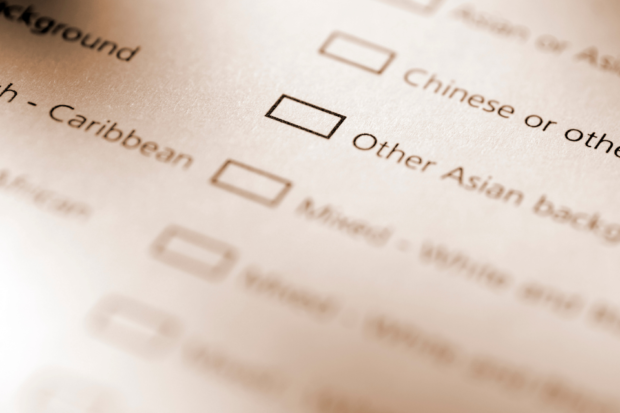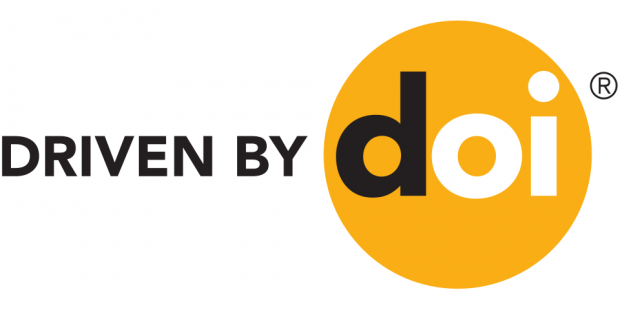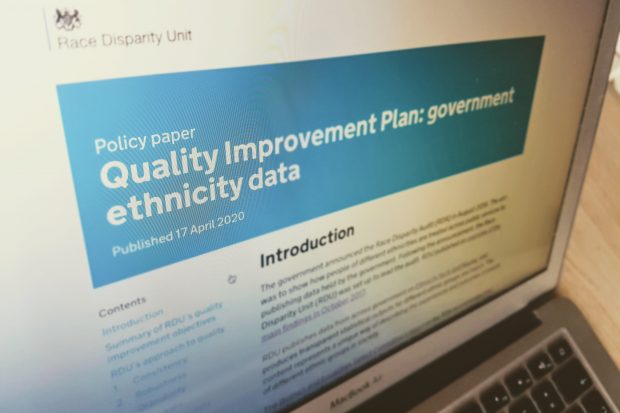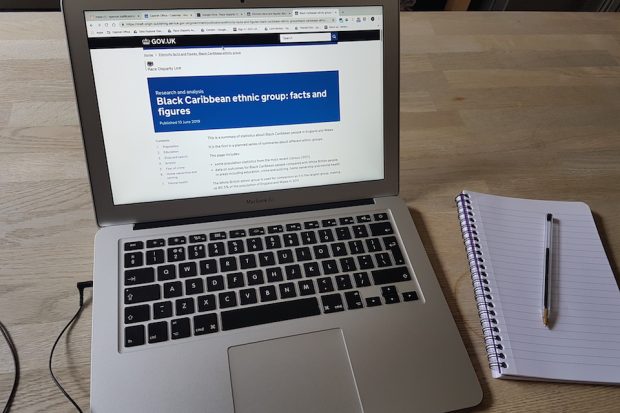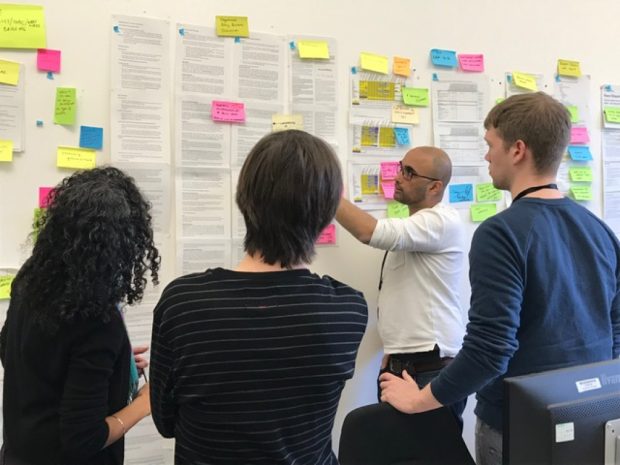Open data
Effective data sharing between government departments is essential for informed decision making and delivering high quality public services. However, data protection, privacy concerns and policy complexities can delay this process. The Data Sharing Network of Experts (DSNE) was formed to help navigate these challenges and facilitate efficient data sharing.
Joining up the dots - is about turbo-charging API connectivity across government to enable effective data sharing in a seamless, secure, legal and trusted manner.
Richard Laux outlines the 3 main reasons for collecting data about people’s ethnicity and identifies 6 principles for collecting these to meet all users’ needs.
...page until the end of December 2020. We will use your feedback to decide whether to develop a formal proposal to take before the Open Standards Board for consideration. Background...
...to support our ambition to be the world’s leading government for trade-related data. Recently we worked on our first open data set service, the UK Global Tariff which displays tariffs...
This post explains how the Government Digital Service (GDS) have implemented updates from schema.org to GOV.UK, to make important coronavirus content easier to find for users.
...inform our practice of combining multiple years’ data to enable us to analyse smaller ethnic groups Get involved Email us or leave a comment below if you are interested in...
...Mixed, White, Other) or the more detailed categorisation (into 18 ethnic groups), as used in the Census? In making this decision we balanced two considerations. On the one hand, we...
...for data storage. For those who work in government to analyse data sets, we can improve efficiencies and encourage more data analysis to take place, making us more aware of...
...Service. We also spoke to the Open Data Institute, and spent some time exploring different data platforms (like CKAN and Swirrl) and publishers (like data.gov.uk and London DataStore). Current data...


